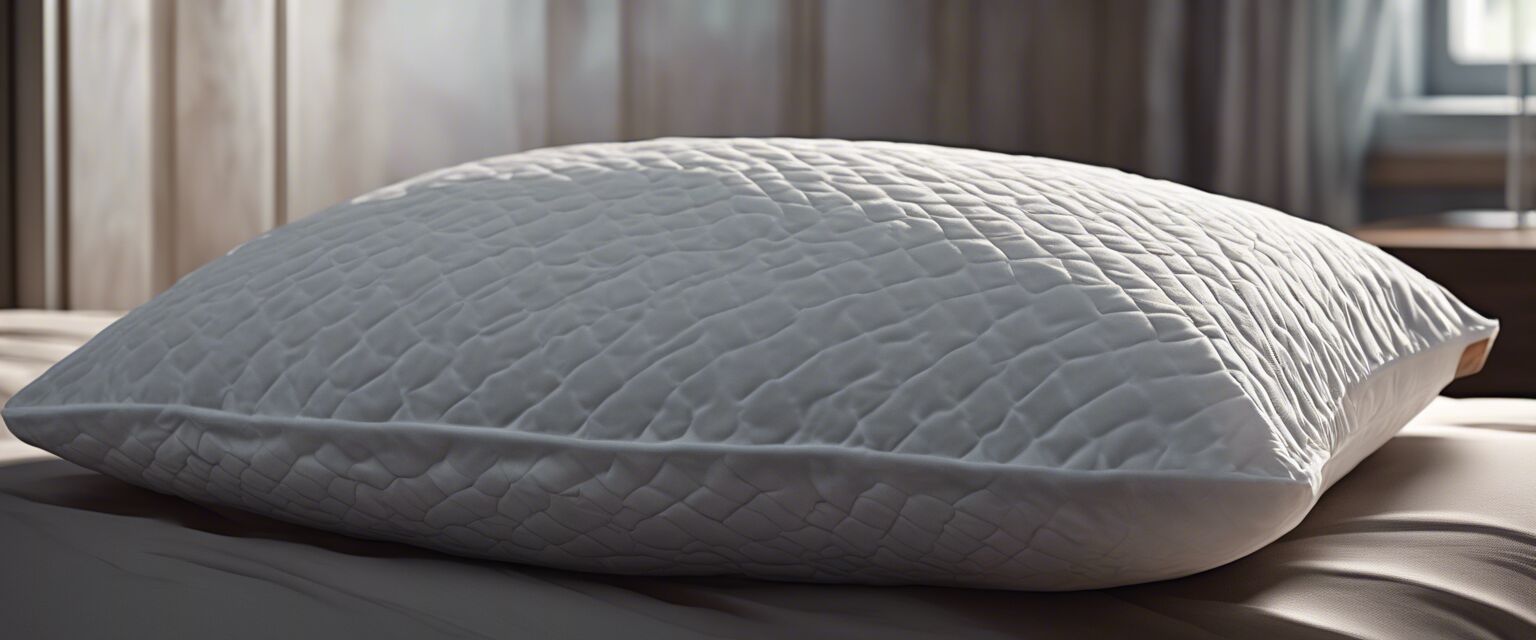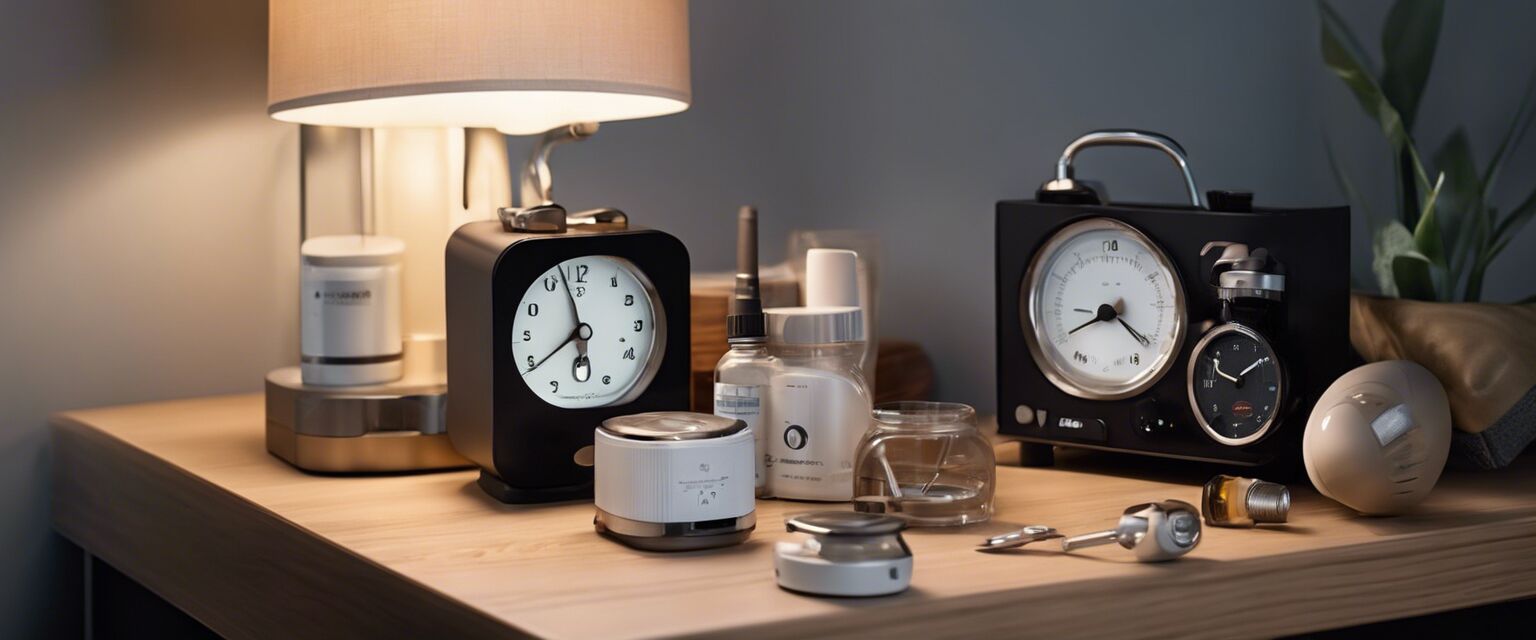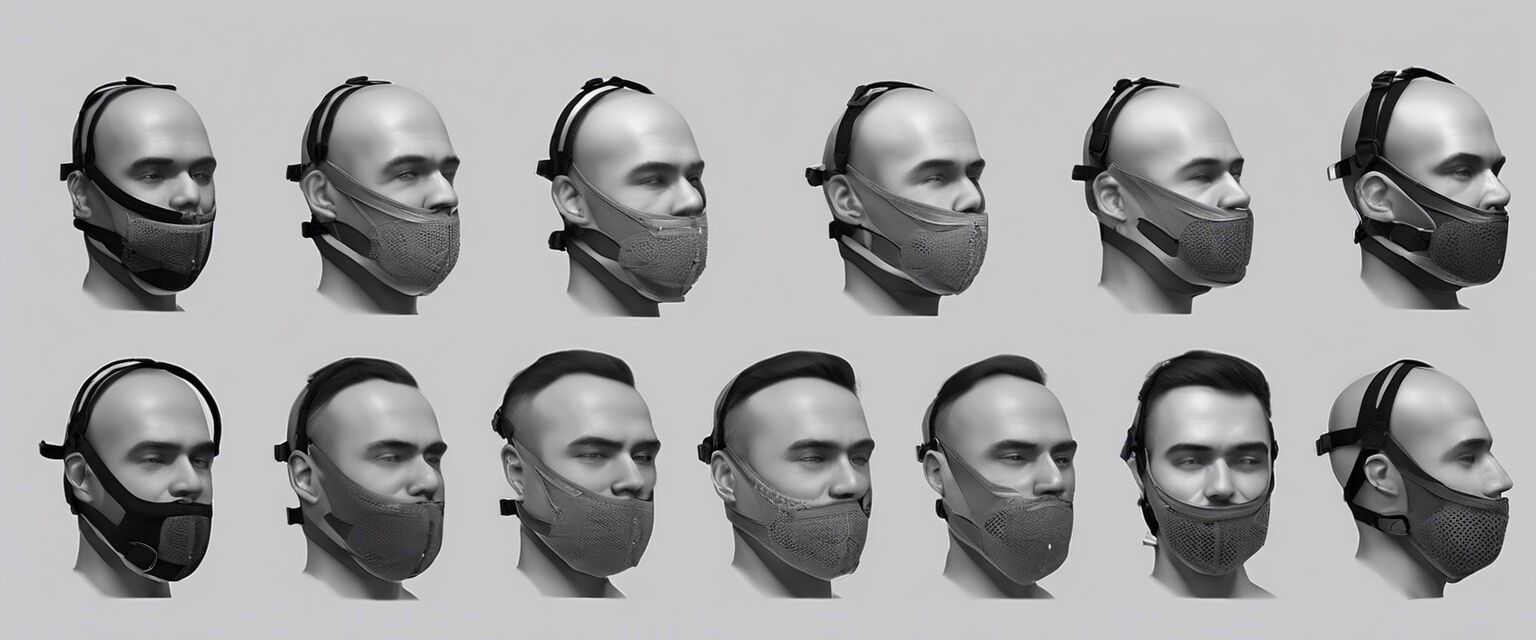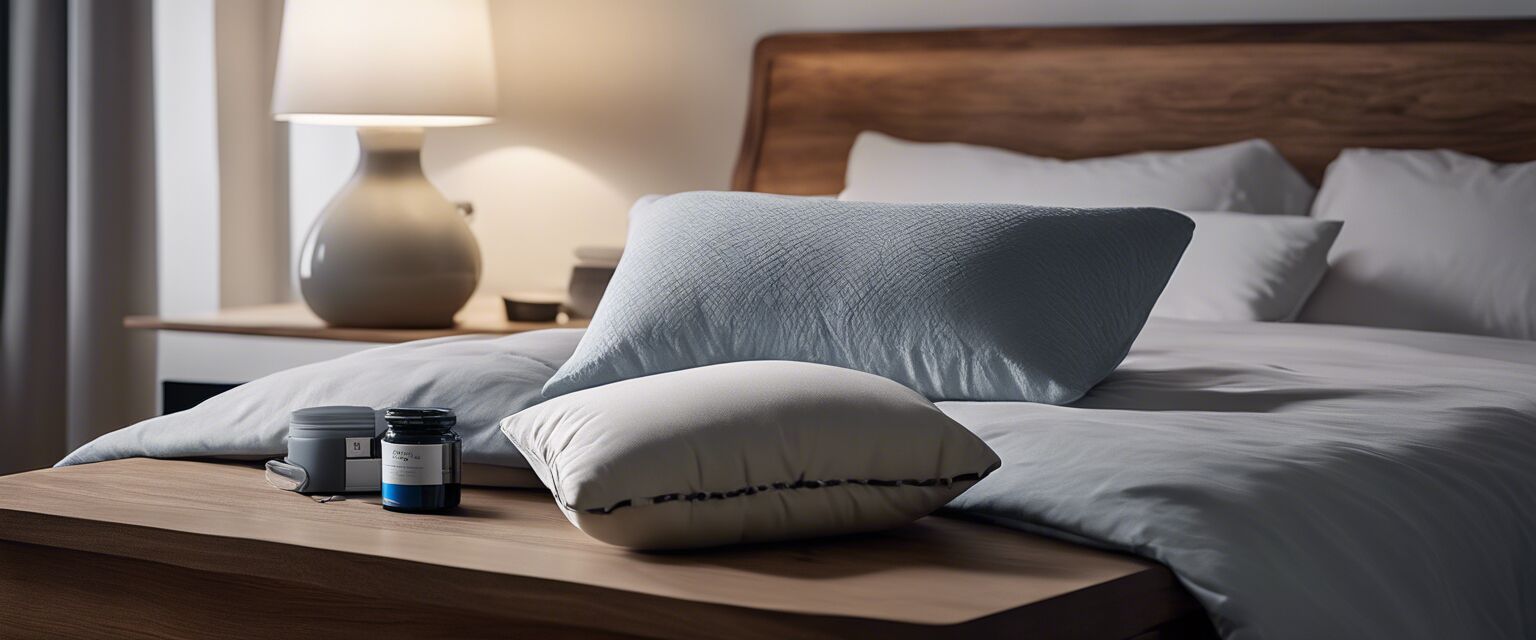
Snoring and Health
Snoring is often considered a nuisance, not just for the snorer, but for anyone sharing the same space. However, the implications of snoring can extend beyond the sound, affecting overall health. In this article, we will explore how snoring impacts health and provide information on potential solutions.
Key Takeaways
- Snoring can lead to disrupted sleep for both the snorer and their partner.
- It may be associated with other health issues such as sleep apnea.
- Understanding the root cause of snoring is important to find effective solutions.
- Various products are available to help reduce or eliminate snoring.
Understanding Snoring
Snoring occurs when airflow through the mouth and nose is partially obstructed during sleep. This obstruction leads to vibrations of the throat's soft tissues, creating the sound we recognize as snoring. It can result from various factors, including anatomical issues, lifestyle choices, or sleep position.
The Health Impact of Snoring
Beyond being simply a bothersome sound, snoring can have various health implications:
| Health Impact | Description |
|---|---|
| Disrupted Sleep Cycle | Snoring can interrupt the sleep of both the snorer and their partner, leading to fatigue. |
| Increased Risk of Sleep Apnea | Frequent snoring may be a sign of sleep apnea, a serious sleep disorder. |
| Relationship Strain | Ongoing snoring problems can cause frustration between partners. |
| Potential Cardiovascular Issues | Severe snoring can correlate with increased blood pressure and heart problems. |
Causes of Snoring
Identifying the cause of snoring is crucial in addressing the issue. Below are common causes:
- Obesity: Extra weight can lead to additional pressure on the airway.
- Alcohol Consumption: Alcohol relaxes throat muscles, increasing the likelihood of snoring.
- Sleep Position: Sleeping on your back can cause the tongue to block the throat.
- Nasal Issues: Decongested nasal airways can reduce airflow and lead to snoring.
- Age: As people age, the throat muscles may lose tone, increasing the chances of snoring.

Solutions for Snoring
There is a range of products designed to help reduce snoring. Below, we highlight some common types:
| Product Type | Description |
|---|---|
| Anti-Snoring Pillows | Pillows designed to keep the sleeper's head elevated, reducing airway blockage. |
| Chin Straps | Straps that maintain the mouth closed during sleep to promote nasal breathing. |
| Mouth Pieces | Devices that reposition the jaw to keep the airway open. |
| Nasal Dilators | Products that help widen the nostrils for improved airflow. |
| Nasal Strips | Strips applied to the outside of the nose to help keep airways open. |
For more details on these solutions, visit our Anti-Snoring Pillows, Chin Straps, Mouth Pieces, Nasal Dilators, and Nasal Strips pages.

Tips for Reducing Snoring
In addition to products, here are lifestyle changes that may help reduce snoring:
Beginners Section
- Maintain a healthy weight to reduce pressure on the airway.
- Avoid alcohol and sedatives before bedtime.
- Try sleeping on your side instead of your back.
- Use a humidifier to keep nasal passages moist.
- Establish a consistent sleep routine.
Conclusion
Snoring can significantly impact both personal health and relationships. By understanding the causes and exploring available solutions, individuals can work toward reducing snoring and improving sleep quality for themselves and their partners.
Pros
- Understanding snoring can lead to better sleep for everyone involved.
- Many products are available to help alleviate the issue.
- Simple lifestyle changes can significantly reduce snoring.
Cons
- Some snoring solutions may not work for everyone.
- Certain products can be costly.
- Persistent snoring may require a visit to a healthcare professional for proper evaluation.





